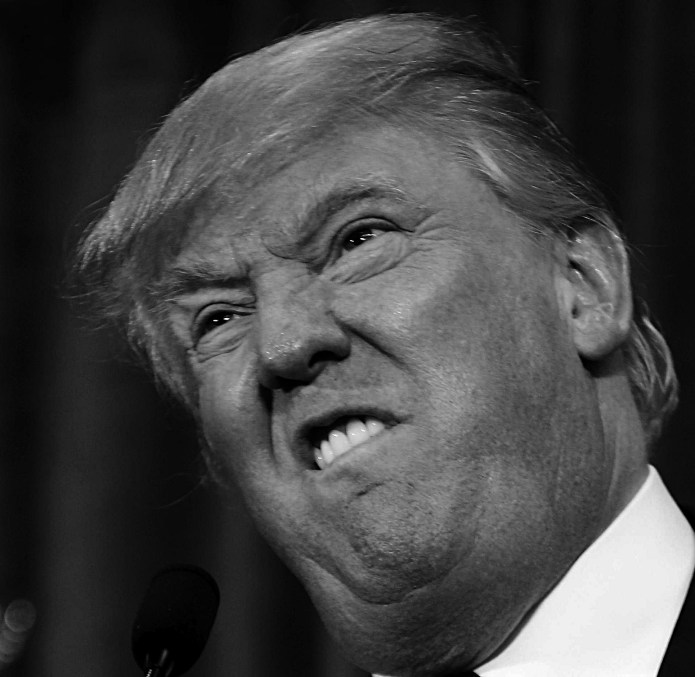Which is news how exactly? Spying on us is what the NSA and GCHQ are for.
Over the last day or two, we have been hearing more and more of the activities of the NSA (here) and GCHQ (here) spying on “us” (for variable definitions of that word). Specifically on a programme called PRISM which monitors Internet traffic between the US and foreign nations, but not on communications internal to the US.
Various Internet companies have denied being involved, but :-
- They would have to deny involvement as any arrangement between the NSA and the company is likely to be covered by heavyweight laws regarding the disclosure of information about it.
- It’s also worth noting that they have asked the company executives whether they are involved in PRISM, but not asked every engineer within the company; it is doubtful in the extreme that any company executive knows everything that happens within their company. And an engineer asked to plumb in a data tap under the banner of national security is not likely to talk about it to the company executive; after all the law trumps company policy.
- The list of companies that have been asked, and have issued denials is a list of what the general public think of as the Internet, but in fact none of the companies are tier-1 NSP; whilst lots of interesting data could be obtained from Google, any mass surveillance programme would start with the big NSPs.
What seems to have been missed is the impact of agreements such as the UKUSA agreement on signals intelligence; the NSA is “hamstrung” (in their eyes) by being forbidden by law from spying on US domestic signals, but they are not forbidden to look at signals intelligence provided by GCHQ and visa-versa. Which gives both agencies “plausible deniability” in that they can legitimately claim that they are not spying on people from their own country whilst neglecting to mention that they make use of intelligence gathered by their opposite number.
There is some puzzlement that PRISM’s annual cost is just $20 million a year; there is really a rather obvious reason for this … and it also explains why none of the tier-1 NSPs have been mentioned so far either. Perhaps PRISM is an extension of an even more secret surveillance operation. They built (and maintain) the costly infrastructure for surveillance targeting the tier-1 NSPs and extended it with PRISM. In particular, the growing use of encryption means that surveillance at the tier-1 NSPs would be getting less and less useful (although traffic analysis can tell you a lot) making the “need” for PRISM a whole lot more necessary.
As it turns out there is evidence for this hypothesis.
But Are They Doing Anything Wrong?
Undoubtedly, both the NSA and GCHQ will claim what they are doing is within the law, and in the interests of national security. They may well be right. But unless we know exactly what they are doing, it is impossible to judge if their activities are within the law or not. And just because something is legal does not necessarily make it right.
Most people would probably agree that a mass surveillance programme may be justified if the aim is to prevent terrorism, but we don’t know that their aims are limited to that. The surveillance is probably restricted to subjects of “national interest”, but who determines what is in the national interest? Just because we think it is just about terrorism, war, and espionage doesn’t mean it is so. What is to stop the political masters of the NSA or GCHQ from declaring that it is in the national interest to spy on those involved with protests against the government, or those who vote against the government, or those who talk about taxation (i.e. tax avoidance/evasion)?
Spying is a slippery slope: It was not so very long a ago that a forerunner of the NSA was shut down by the US president of the day because “Gentlemen do not read each other’s mail.”. But intelligence is a tool that is so useful that more and more invasive intelligence methods become acceptable. It is all too easy to imagine how today’s anti-terrorist surveillance can become tomorrow’s 1984-like society.
That does not means that GCHQ should not investigate terrorism, but that it should do so in a way that we can be sure that it does not escalate into more innocent areas. Perhaps we should be allowing GCHQ to pursue surveillance, but that it should be restricted to a specified list of topics.
